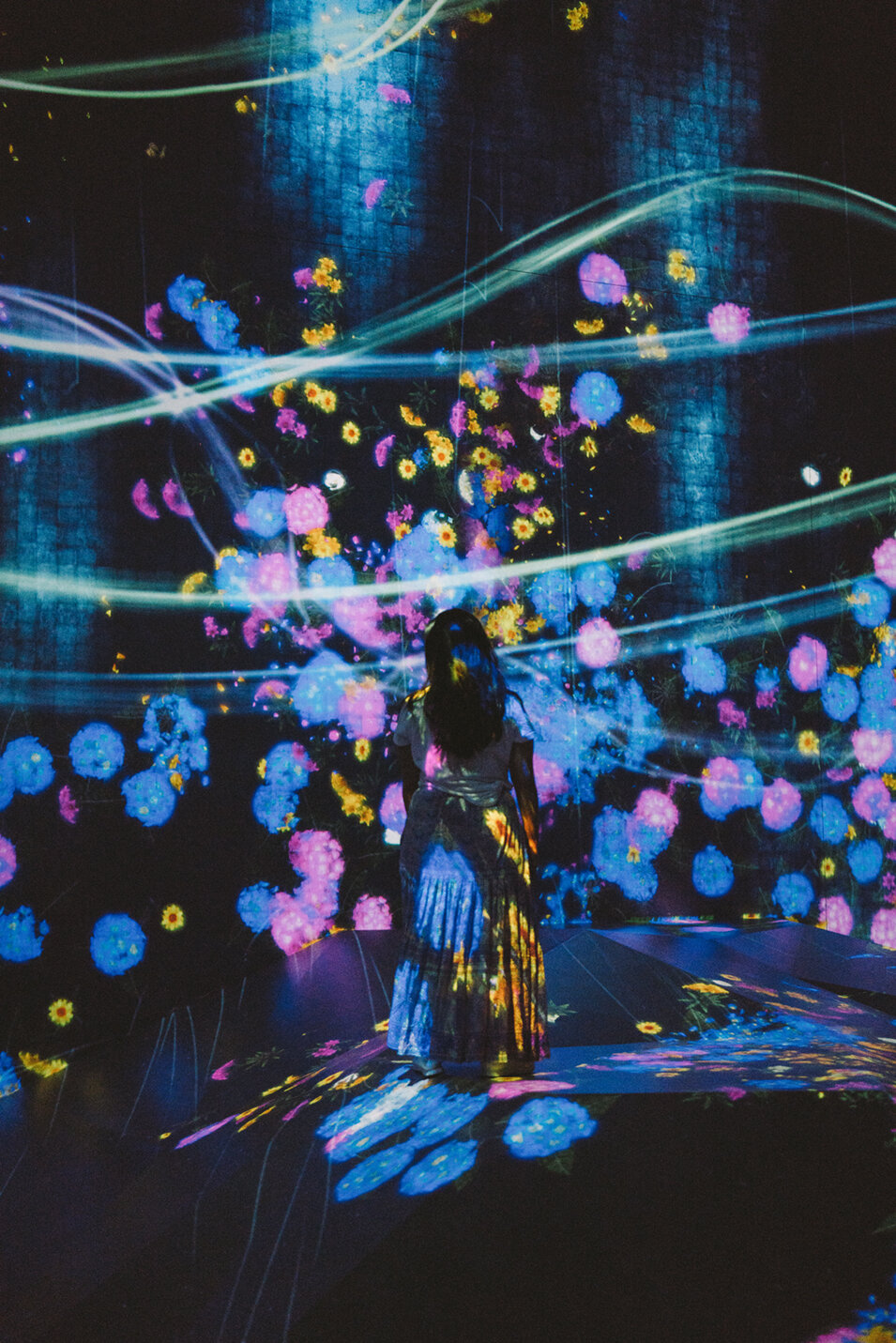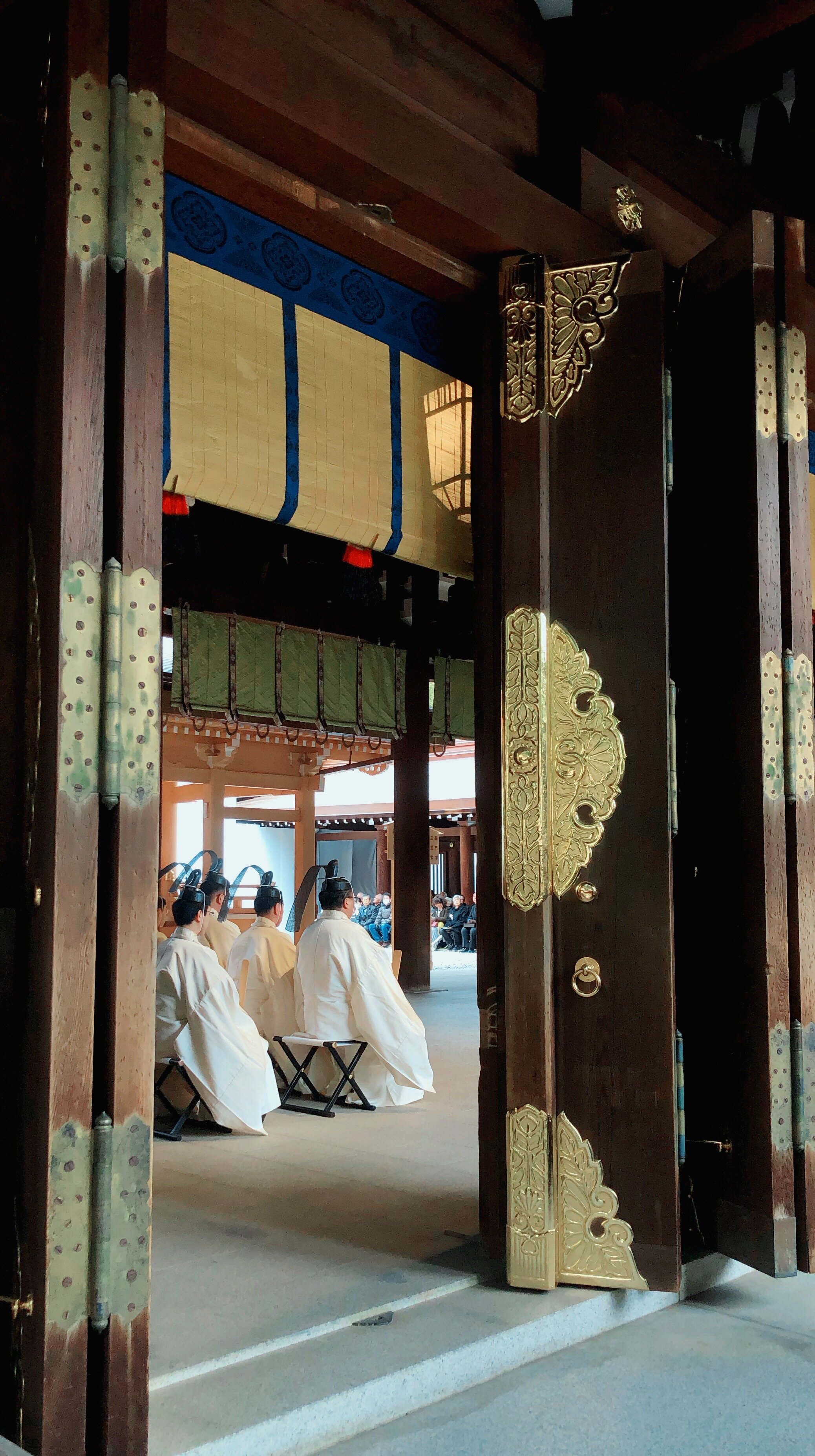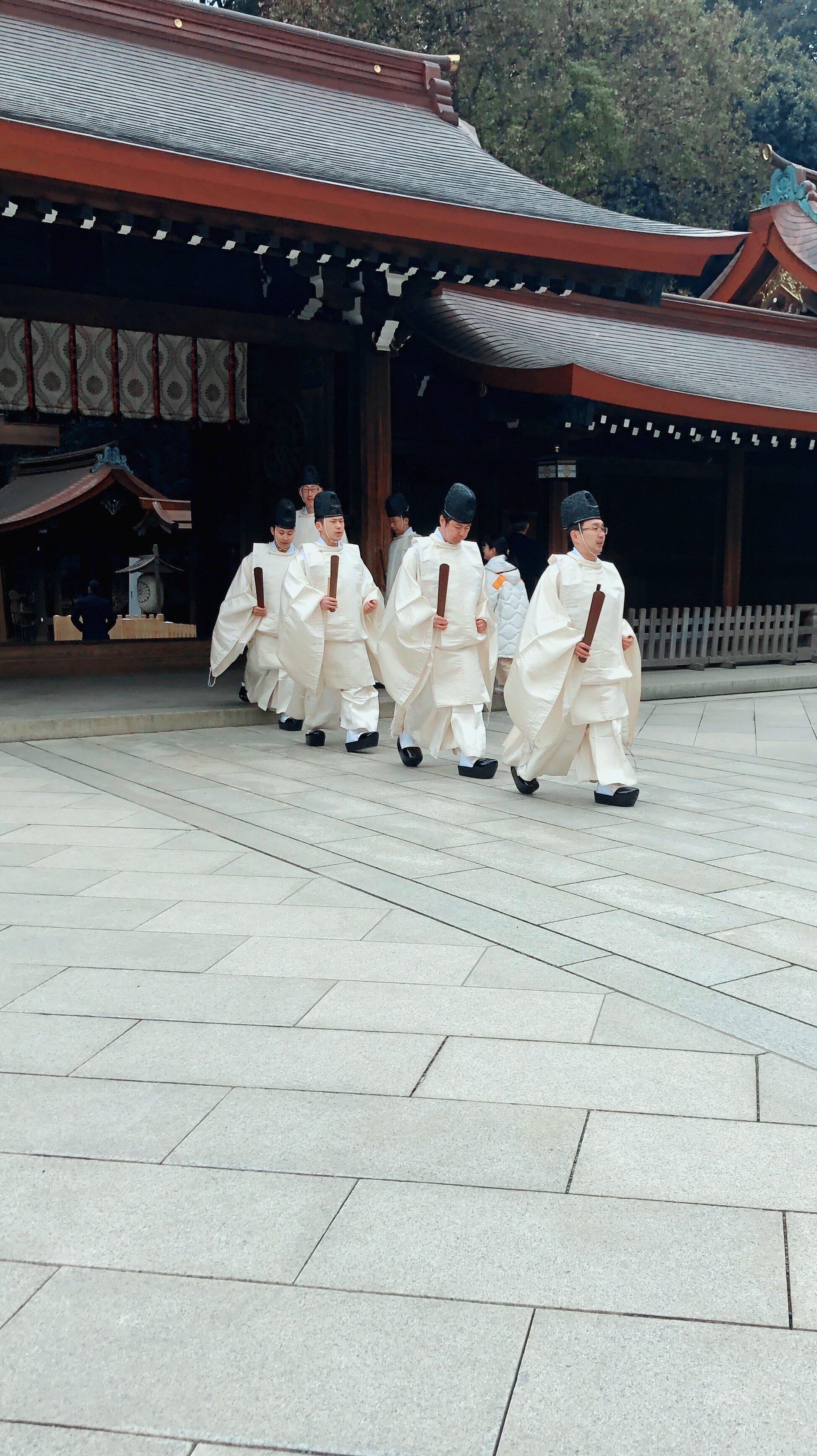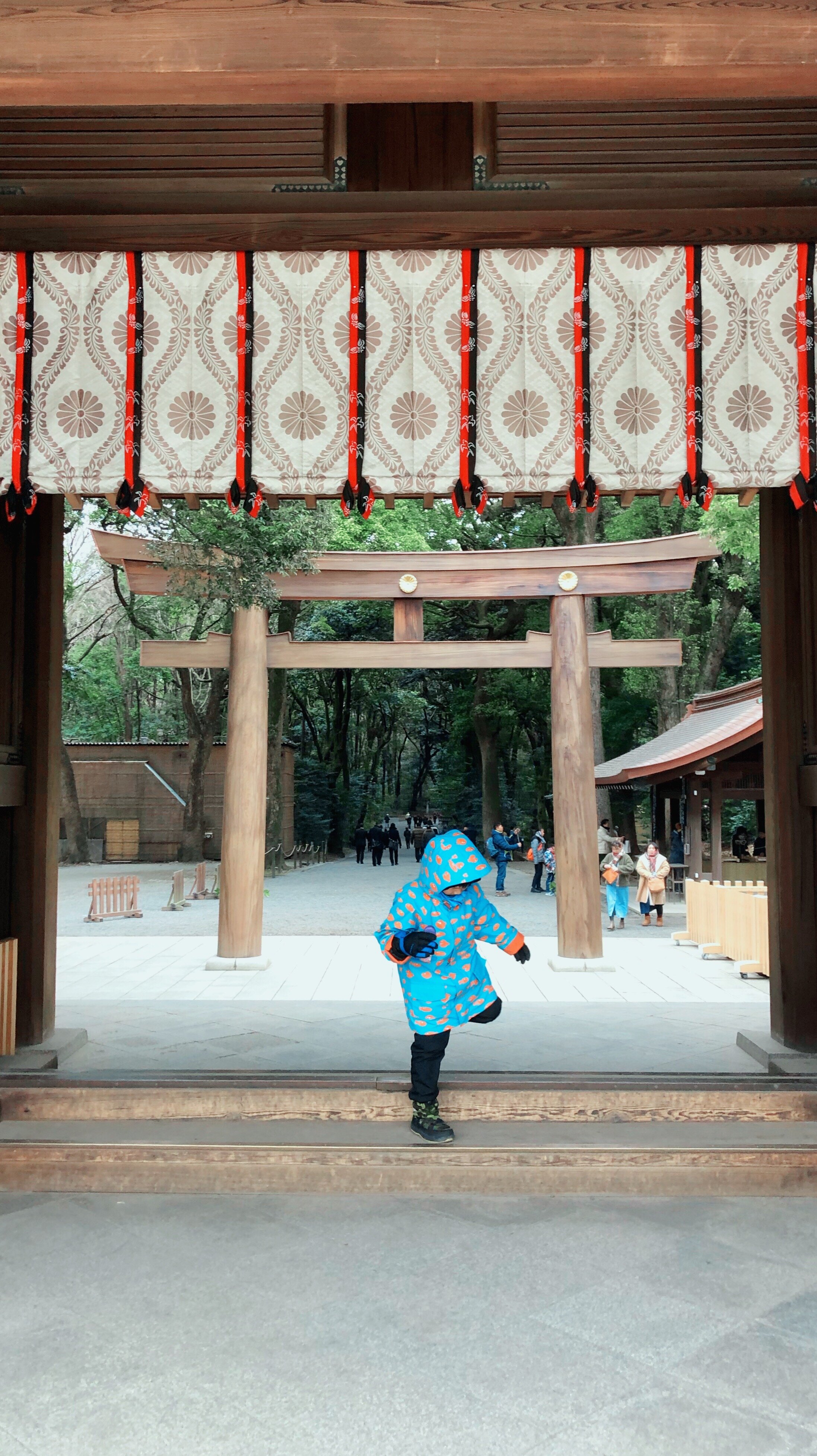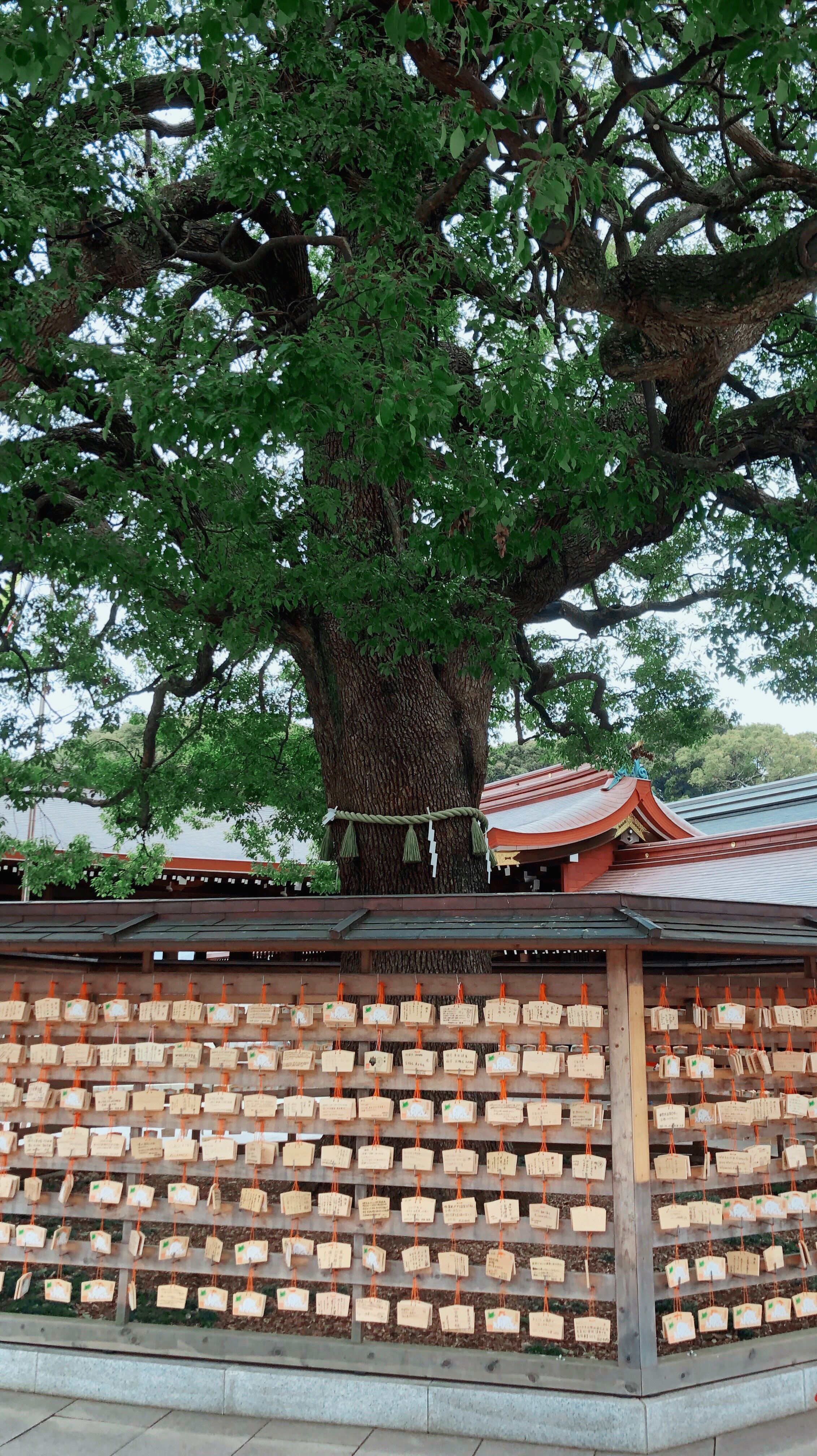Winter in Japan — Tokyo
If you follow me on Instagram @mariedaydreams, you would have seen my images of Japan - from which I had been on a trip to earlier this year. I have just gotten to writing about it - where I explored, things to do and see and important things to remember. I’ll divide this into four sections - Tokyo, Gifu Prefecture, Kyoto and Osaka! Feel free to skip to Sights if you want to fast-track the information.
And now, the need-to-knows..
INFO
• Japan is one of the safest countries in the world (it really is!)
• Public Transport is the best transport. And JR Passes are the ultimate.
• Vending machines are EVERYWHERE, even in the most far away towns, and can be selling hot and cold drinks, alcohol, cigarettes, noodles and even disposable cameras. Keep an eye out for these treasures!
• Most businesses use CA$H in Japan and also remember you don’t have to tip.
• You will have to take your rubbish with you! There are very few public rubbish bins in Japan - even in Tokyo!
• Follow the transport rules - line up on the left side of the door on subway platforms, let people out first before going in and be quiet and considerate when on the buses and trains.
• Winter season in Japan is through the months of December to February. Winter sights need to be researched well in advance as some may need to be booked (as a tour) or planned as they are spread out through the season. For example, the Shirakawa-Go Light Up Festival only happens 6 nights a year so you may want to plan around that. Scroll below for some winter sights I had my eye on.
• Some sleeping pills and medication may be considered illegal in Japan. Ensure you do your research and double-check with your doctor.
• For the vegetarians out there, most meals in Japan involve meat or fish so you may need to plan ahead when heading out to eat. The cuisine is slowly changing, however, with very few restaurants already catering to dietary preferences - my fave: T’s TanTan in Tokyo Station (difficult to find but absolutely delicious. Look for signs for Keiyo Street)
• You can live off the 7-11! Contrary to it’s Western counterparts, the Japanese convenience stores are well-known to offer quite healthy & cheap food in a lot of variety too.
• ALL the stores are Tax Free so if you buy anything over 5,000 yen ask to have the tax free price.
• Always always always try to learn a few phrases of the language in whichever country you visit and this is especially important in Japan, where being polite is held in high esteem. Make sure you are familiar with ‘thank you’, ‘please’, ‘excuse me’, ‘toilet’ and ‘exit’ at the very least.
SEASONS
Of course, the most popular time to visit Japan is April, for cherry blossom season, followed by the months of Autumn for the golden and orange foliage. As you can imagine, prices peak during this time so if you plan to visit in those months, it’s best to book everything well in advance to avoid getting hit with the inflated expenses!
For winter, these are the sights I went to see:
— the Shirakawa-Go Light Festival
— Snow Monkeys of Jigokudani
— Takayama & the Gifu Prefecture
— Tokyo Illumination events
— Mount Fuji
Other sights in winter we wanted to see (but couldn’t haha):
— Biei Blue Pond
— Sapporo Snow Festival
— Tomamu Ice Village
PRICES
Japan is a little more on the pricey side of travelling. For a return flight from Auckland to Tokyo in mid-Jan, we paid NZD$1300. Accomodation was around NZD$75/night in Tokyo (at an Airbnb split between friends) and about NZD$80/night when I was solo travelling in Kyoto, Osaka and Fujiyoshida. I also stayed at The Millennials in Shibuya - for 5 nights at about $90/night and it was the best. Food in Japan is quite cheap - and you can get around with as little as NZD$30 a day - think, 7-11 onigiris (about ¥115 - that’s just over a dollar!) and delicious bentos.
For a JR Pass, it’s best to time your trip efficiently! As I was in Japan for around 28 days, I opted for the 21 Day JR Pass - Green (NZD$1200), which gave me the freedom to travel through all the JR Shinkansen (bullet trains), Limited Express, Express, Rapid, local trains, and the BRT (with some exceptions). The cheaper 21 day Economy Pass is NZD$870. This saved me a lot of money as I travelled through a lot of cities for photography.
For reference, at the time of writing, 1 NZD = 68 JPY
STAY
Here’s a list of places I recommend staying at:
Shibuya, Tokyo - The Millennials Hotel
*Located literally a stone’s throw away from the infamous crossing
*Great capsule experience. Although not the typical pod, this is a much more comfortable accommodation option - complete with reclining bed (acts as a sofa or a bed), breakfast with pastries + special regional bread (the Hokkaido milk bread is to die for) and a convenient common room for working on and hanging out. For such a busy city, I found this place a great sanctuary.
Karasuma Oike, Kyoto - Airbnb
*Right in the city centre with less than 5 mins walk to the subway
*Has a kitchen, tatami area to sit in and a lot of space to move around in!
Nachikatsuura-chō, Wakayama - Airbnb
*If visiting the amazing Nachi Falls in Wakayama, stay here! Maru is the best host (she even picked me up from the train station). The room was great, nice and big and the people were lovely.
SIGHTS
teamLab Borderless in Tokyo
Probably one of the highlights of my trip, teamLab is an amazing immersive light installation in an exhibition space. Tickets are ¥3200 but you can stay for as long as you like. Doors open at 10am and I recommend getting there as early as 9.35am and waiting outside to avoid the midday crowds!
P.S. Tripods not allowed. Book here.
Mesmerised by the lights
Petra Leary — as equally mesmerised as I was
Peem at play
Sensō-ji
Tokyo’s oldest, Sensō-ji is an ancient Buddhist temple located in Asakusa. I think this is a great place for people-watching! If you want the place to yourself, visit in the early hours of the morning - the sunrise light hits this place beautifully. Take your time wandering about and be mindful of your surroundings - ensure you are considerate and give people paying their respects some space. I feel extremely privileged and lucky to have observed what I observed.
Tokyo’s Night Illuminations
In winter, especially around Christmas and New Year’s time, Tokyo hosts a few night illuminations! They are usually quite easy to get to and are more often than not quite close to the stations. These were the ones I was able to see:
• Caretta Shiodome
Take the subway to Shiodome Station and head towards the mall. From the 14 Nov through to 14 Feb, there will be an awesome light display themed in Beauty and The Beast, complete with music and a rose for kids! It is so worth the trip! I took these photos with a tripod and was quite lucky as there weren’t too many people about but I’ve heard it does get crowded so maybe best to go later at night (the show finishes at 11pm).
• Shinjuku Station
A pleasant and great find as I was wandering the streets of Tokyo! This cute tree-lit alley walk frequents equally cute couples and made my people-watching all the more better. Find it behind the Starbucks.
Magical Tokyo at night
• Akihabara Lights
Not far from the Akihabara Station, make your way towards the Akihabara UDX Post Office. You’ll be able to see another alley of lit trees!
Post Office Lights
Akihabara + Shibuya
No trip to Tokyo is complete without seeing these spots! Akihabara is known to be the Electric City, famous for its electronic shops. Wander along the main road, peep the lights and see a fair bit of manga and anime shops!
And of course, Shibuya and it’s infamous crossing. At any given time, around 2,500 people will be using the crossing! For the best ~free~ view of it, make your way to the Starbucks and get on the second floor. Enjoy watching the world cross by while maybe sipping a Caramel Macchiato. However if you don’t mind forking ¥600, walk over to Mag’s Park and head to the top floor to get a stunningly good view of the crossing! Unfortunately, tripods are not allowed but you can still perch the camera somehow on the glass if you wanted to take a longer exposure. When I visited in February 2019, the admission was even free (however all changed now - so bring CASH)! Shibuya is also known for its shopping and fashion, as well as being one of the busiest centres in the world, housing two of the busiest stations in Tokyo - Shibuya Station and Shinjuku Station.
The Late Crossers
Yoyogi Park & Meiji Shrine
On the one day that I visited this place, as a meet-up with a friend, it happened to be a national holiday! National Foundation Day occurs on the 11 Feb and is their nationwide celebration of patriotism. Each year, this shrine and many other Shinto shrines across the country host a National Foundation Day celebration known as Kigensai. One of Meiji Shrine’s biggest festivals, the Kigensai here features a few thousand parade participants carrying mikoshito the grounds as tens of thousands of spectators watch. I watched the ritual ceremony with Shinto priests, drum bands impressive performance and the parade complete with brass band!
Tokyo Streets, 2019
If you made it this far, congratulations!! These are just a few of the places I visited and thus, marks the end of the first part of my Japan entries. Let me know what you think of it! — M.




